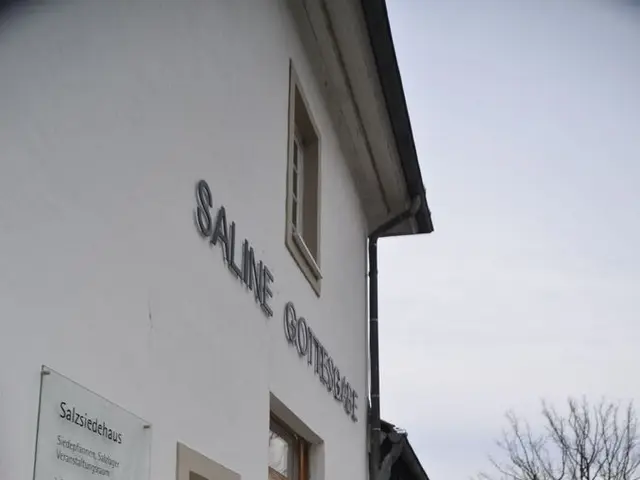Stay Safe Online: The Power of Trusted Reporting Bodies
Online menaces, offensive conduct, and harmful online messages: strategies for making complaints
Navigating the web can be tricky, what with hateful posts on social media, unsafe products on online marketplaces, and violations of consumer rights. But don't worry; if you come across anything suspicious, there's help available. Report it!
Certified organizations, known as Trusted Flaggers, are your go-to for such situations. You submit your report via their online forms, and these experts investigate the matter, possibly forwarding it to the relevant platform or service.
Trusted Flaggers: Priority Investigators
Trusted Flaggers, as mandated by the EU's Digital Markets Act (or Digital Services Act, DSA), are here to make the digital world a safer place. They strive to encourage online platforms to handle content and products in a transparent and responsible manner.
You might wonder, "Why can't I just report suspicious content directly to the platform?" Well, there's a good reason: Reports from recognized Trusted Flaggers take priority, and platforms must treat them as such, promptly taking action like deleting content [1].
Germany's Trusted Reporting Points Multiplied
Previously, only one reporting point, Respect of the Baden-Württemberg Youth Foundation, was certified. Recently, the Federal Network Agency has approved three more Trusted Flaggers in Germany:
- Hateaid: Focusing on digital violence, fraud, and deception, particularly on social media platforms.
- Verbraucherzentrale Bundesverband (vzbv): Concentrating on consumer rights, product safety, online trade, and fraud on online marketplaces and social media platforms.
- Bundesverband Onlinehandel (BVOH): Focusing on intellectual property protection and unfair competition, particularly on online marketplaces [1].
When Platforms refuse to Act, They Must Explain
Neither the Trusted Flaggers nor the Federal Network Agency remove content or order its removal. The decision ultimately lies with the respective platform or service [1]. If they decide not to remove content, they must provide a valid explanation.
If you're not satisfied with the platform's decision or measures taken, you can file a complaint through an out-of-court dispute resolution body, or take the matter to court. The court's final decision will determine whether the content is illegal and should be removed, or if the removal was justified [1].
[1] - Additional Enrichment Data: The Federal Network Agency is the Digital Services Coordinator in Germany and certifies Trusted Flaggers. These organizations have demonstrated expertise in detecting and identifying illegal content online and are required to submit notices diligently, accurately, and objectively to online platforms about presumed illegal content. They must remain independent from online platforms to ensure unbiased reporting. Certified Trusted Flaggers are required to publish annual reports outlining their activities to maintain transparency [1].
- To promote a safe and responsible young lifestyle in the digital era, consider reporting any digital violence, fraud, deception, consumer rights violations, product safety issues, or intellectual property infringements on social media platforms or online marketplaces to Trusted Flaggers like Hateaid, Verbraucherzentrale Bundesverband (vzbv), and Bundesverband Onlinehandel (BVOH).
- After reporting suspicious content to Trusted Flaggers, don't forget that the platform or service still holds the final decision on whether to remove the content. If they decide not to remove it, you have the option to file a complaint through an out-of-court dispute resolution body or take the matter to court, based on the final decision from the court regarding the legality of the content.








